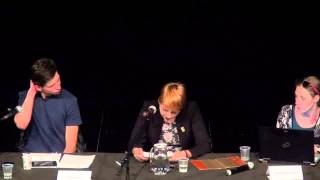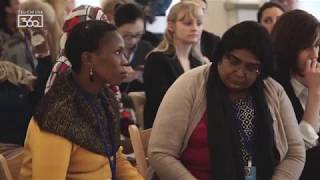Tuesday, 13 January, 2026г.
















Где искать: по сайтам Запорожской области, статьи, видео ролики
пример: покупка автомобиля в Запорожье
Panel discussion III: Women and Class
Andrea Jovanović: The Yugoslav Antifascist Front of Women (AFŽ): Legacy, Lessons and Some Insights
Dora Levačić: The Economic Position of Women in post-Yugoslav Countries
*****
When it comes to gender equality, the consequences of the dissolution of socialism are ambiguous at best. On one side, with the fading of the project of universal emancipation politics based on highlighting injustices incurred to particular elements of society became much more prominent. In this context, at least at the highest official levels, the discourse of 'women rights', of equal representation of women, became much more vocal. One should not, however, to trust a society's narrative of itself. Declarations of gender equality and of the fight against obvious forms of discrimination cannot decisively interfere with the underlying structural changes in the economy; phenomena that accompanied the transition to capitalist economy, such as the erosion of systems of public services, increasing inequalities and unemployment, were not gender neutral.
The purpose of the panel is therefore to trace the actual transformation of the situation of women throughout the experience of socialism and its transition to capitalism in (ex) Yugoslavia. In this way, the panel will attempt to bring the politics of gender and class in a productive relation.
Похожие видео
Мой аккаунт


 У вашего броузера проблема в совместимости с HTML5
У вашего броузера проблема в совместимости с HTML5


